In these times of Covid, cough and cold season didn’t seem to be much of a problem. However, this is the time of year when we exit one season, but unfortunately, we enter another allergy season. It has been a long and painful year for many reasons, but we need to take a moment and review the differences between colds and allergies.
There is a thin line between allergies, colds, and respiratory infections this time of year. When we find ourselves battling allergies, our immune system begins to run on over-drive, and it sets the stage for colds and infections. The symptoms are often the same; tiredness, head congestion, sore throat, cough, and even difficulty breathing.
Lately, at the pharmacy, we have been seeing many people treated for late winter illnesses, caused or at least aggravated by allergies of the fresh and new spring season.
This leaves people wondering if their cold will ever go away? Or asking why the antibiotics or immune-supporting supplements are not working? Or why their allergies are worse than ever before?
Since allergies are often the stepping stone to upper and lower respiratory infections, I would like to share some strategies for a healthier allergy, cough, and cold season.
The first step would be to eliminate allergens from your environment. We cannot control mother nature, although we can control the setting within our living and workspaces. One of the best things you can as an allergy sufferer is to keep your house buttoned up. Sleeping with the windows open can often lead to morning allergy symptoms. All you have to do is ask my wife about this one.
The second thing regarding air quality is to make sure that your home air filters are changed at least every three months.
Lastly, when you think of allergies and immunity, you should consider your diet, especially food intolerances. Food intolerances can lead to issues of inflammation, congestion, and immune suppression. One can have a food allergy or intolerance to any food, but avoiding or reducing dairy and gluten can significantly benefit as they are common intolerances people experience. Eliminating foods including excessive alcohol, refined sugar, artificial sweeteners, and flavorings that can tax our immune systems is also recommended.
Common medications used for symptom control include antihistamines and decongestants. Histamines are released when a person comes in contact will an allergen. Antihistamines block the histamine receptor so that the histamine cannot contact it, leading to an allergic response.
There are different antihistamines; the old-school antihistamines are referred to as first-generation antihistamines, with the most common one being diphenhydramine or Benadryl. These antihistamines do a great job of blocking the receptor but carry some baggage with them, mainly drowsiness, dry eyes, and dry mouth. The drying effect is helpful when wanting to decrease nasal drainage but can be a concern long-term with dry mouth. Drowsiness has its advantages when you need help sleeping but is an issue during the day.
The second-generation antihistamines eventually came about and are typically the ones taken for seasonal allergies. They include; loratadine, cetirizine, and fexofenadine. They do not cause the drowsiness and drying effect that the first generation products impart, and they are much longer-lasting and are taken once daily instead of multiple times a day. These are significant benefits for patients looking to treat their allergies.
Decongestants are a common addition to antihistamines, and they do what their name says; they decrease congestion. Decongestions mechanism of action is by shrinking or constricting blood vessels in the sinus passages. The downside to this mechanism is the potential for increased blood pressure. The decongestants also have a stimulant effect, meaning that a person can feel wired and have trouble sleeping.
These side effects are the reason I prefer utilizing natural preparations that cast a wide net of prevention and resolution. In my article next week, I will discuss and review the natural products that I recommend for allergies during this time of year and until the first hard frost.
Lastly, I recommend taking time out. Whether it be a cold, infection, or allergies, we must take some weight off our immune systems, and one of the biggest challenges is stress; physical, emotional, and mindful.
If you haven’t gotten relief or have unwanted side effects from your current allergy/cold regimen, stop by or call the pharmacy (701-483-4858). We can talk about alternative options that will address the issue from a different angle. Until next time, be vigilant about your health!
VISIT US
HOURS
HOURS
CONTACT US
Fax #: (701) 483-4926




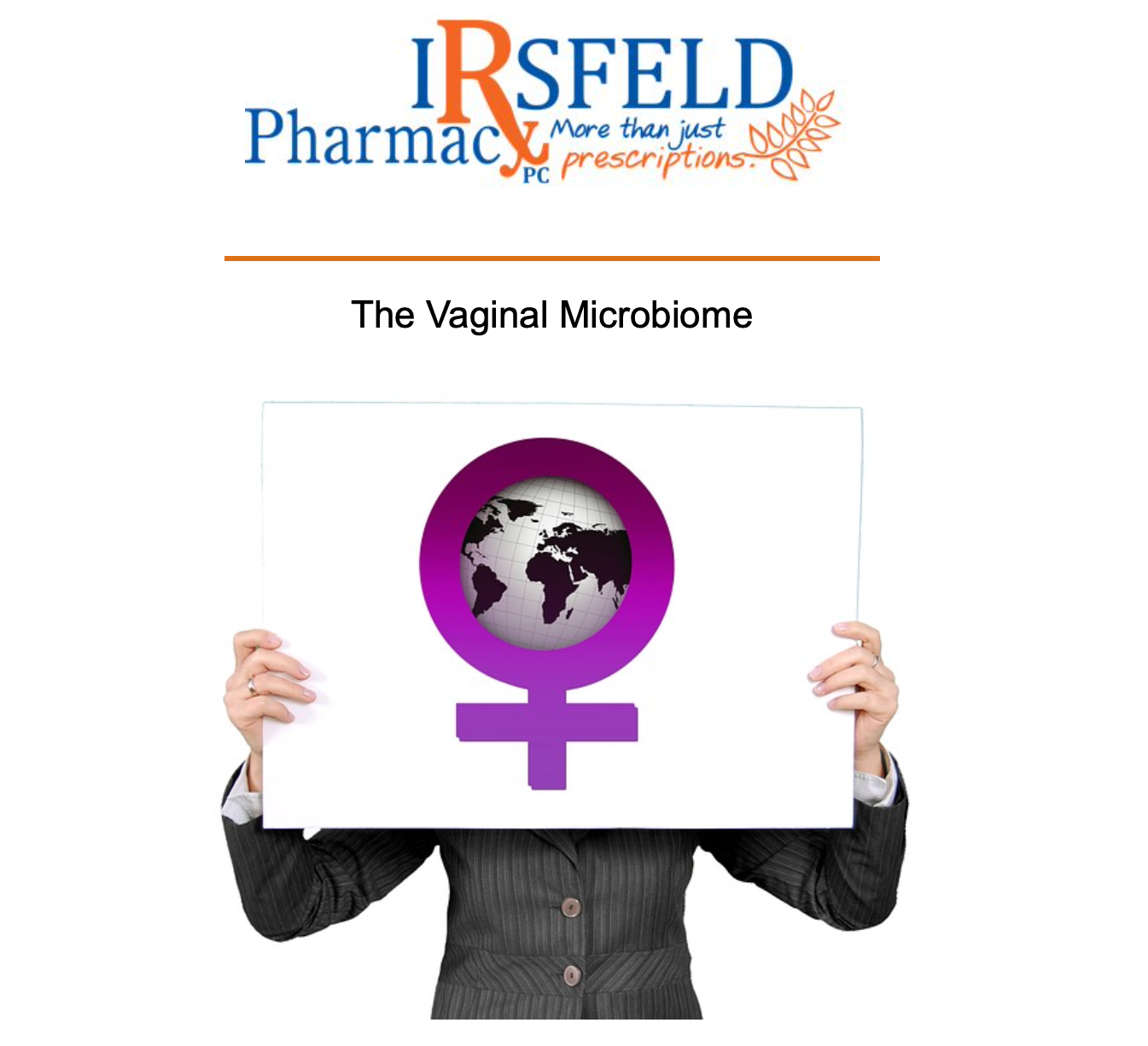
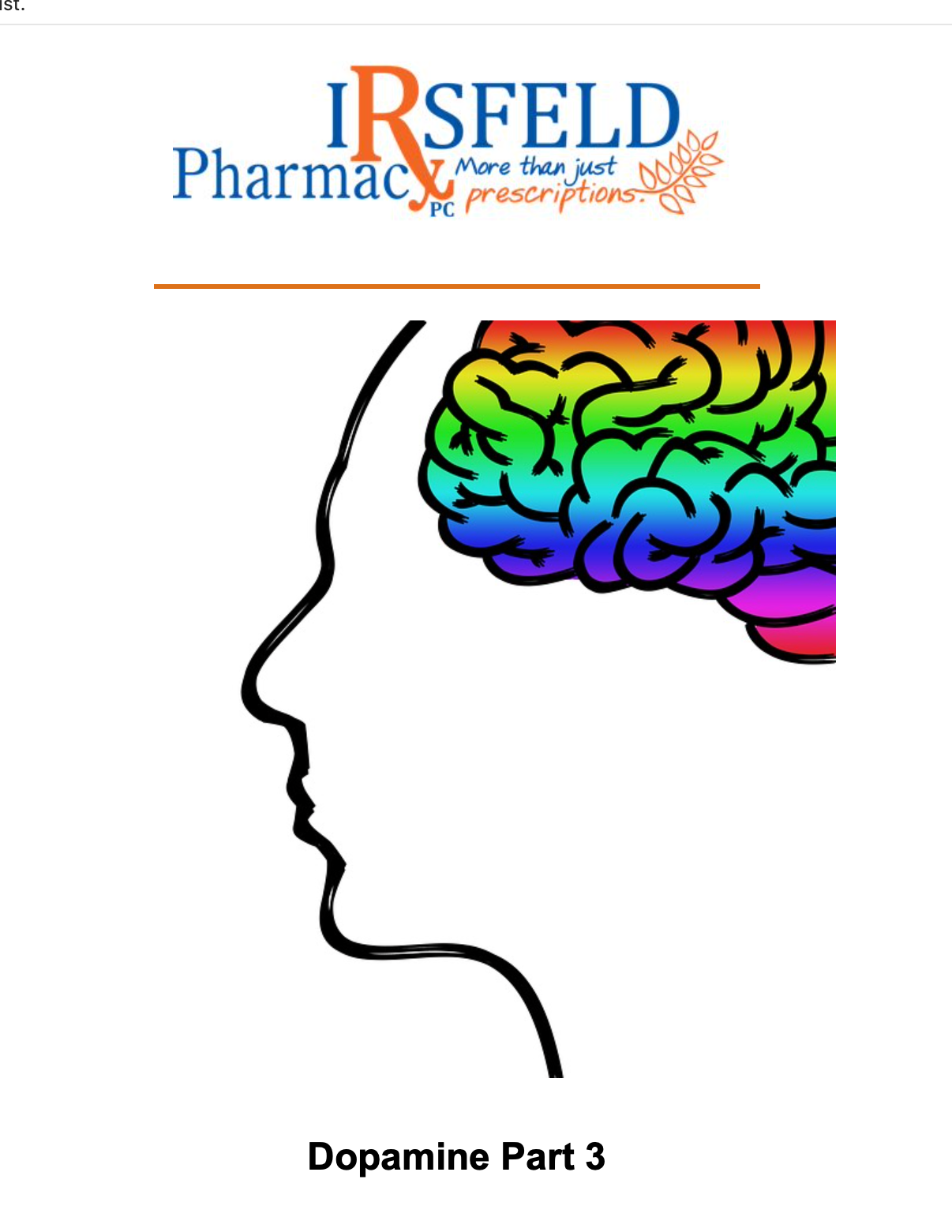
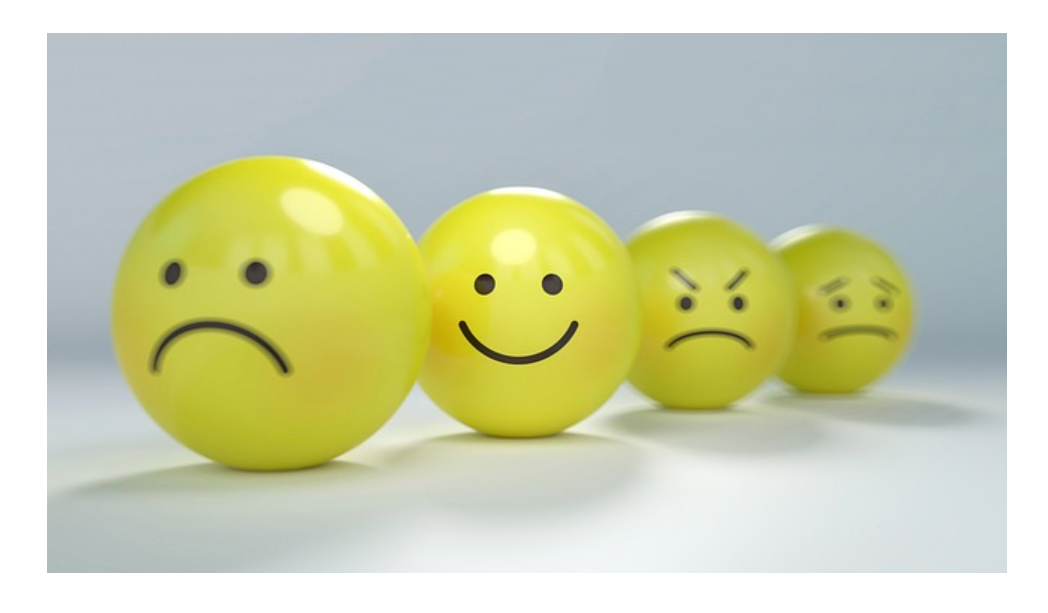
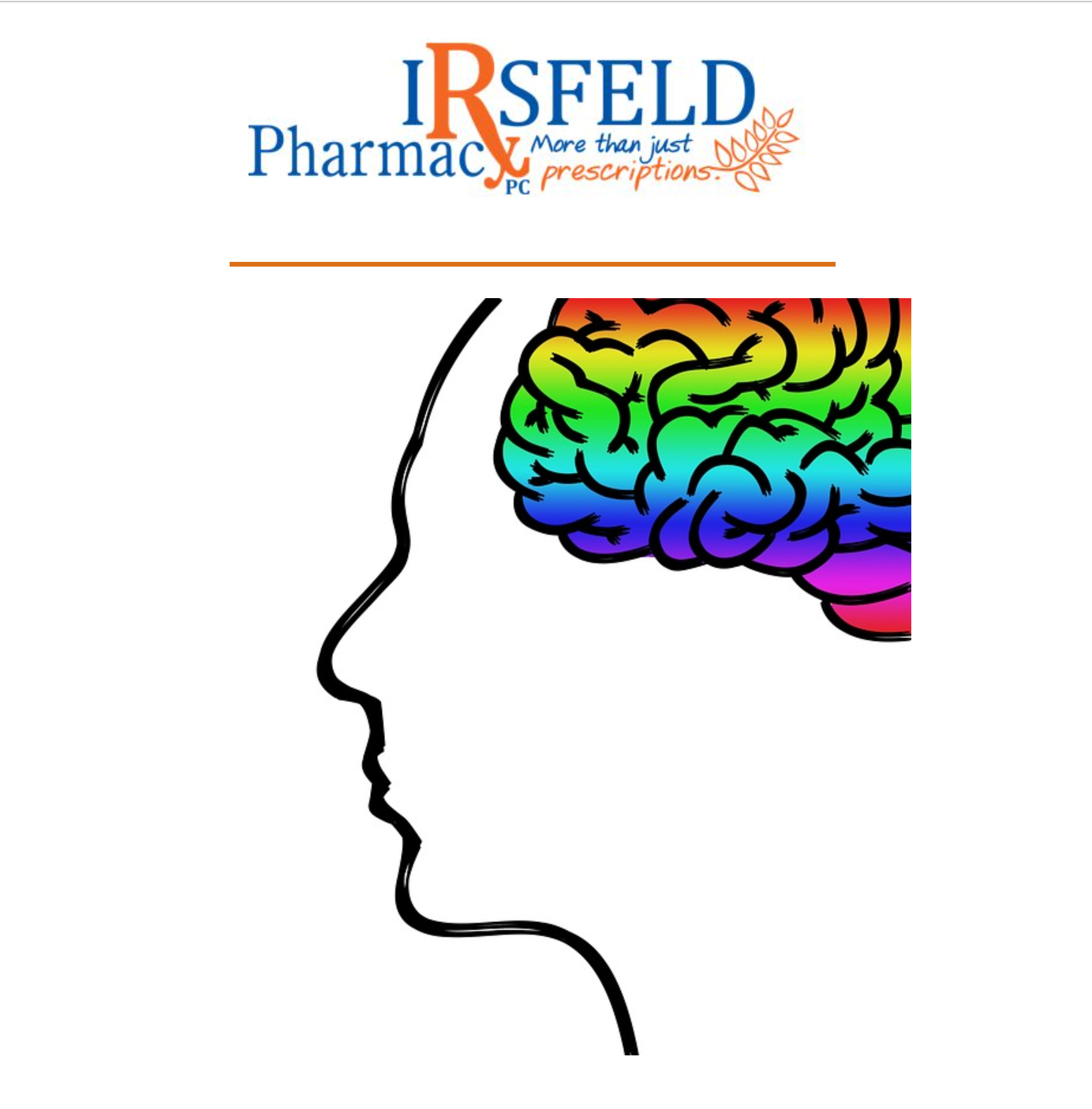



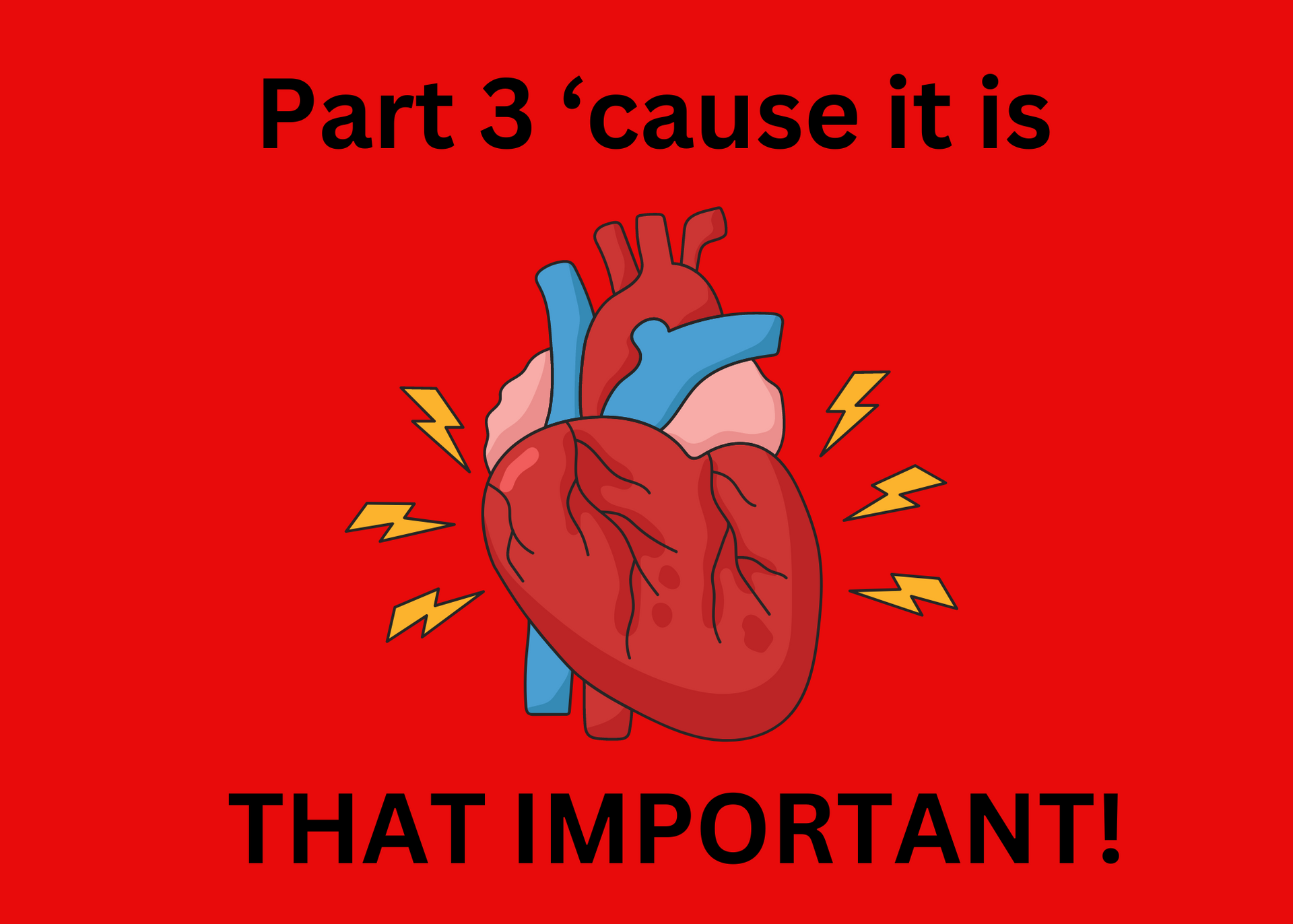
Share On: